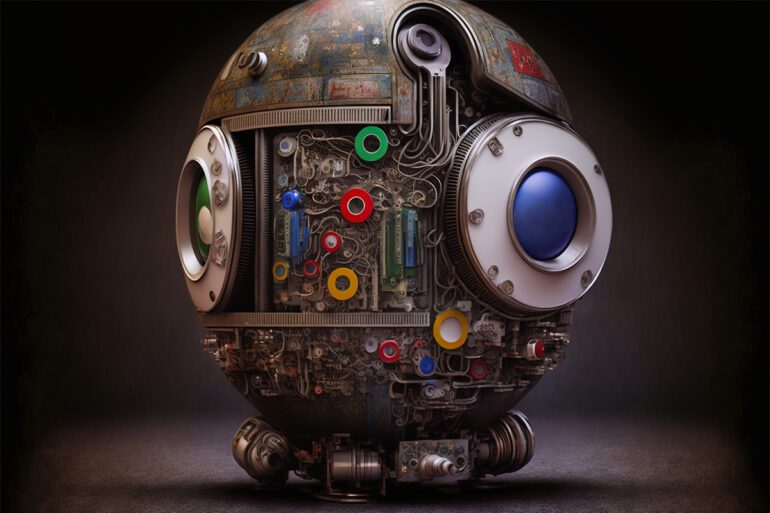TL;DR:
- Google argues that AI technology should not be considered an “inventor” under US patent law.
- The US Patent and Trademark Office is seeking comments on AI technologies and inventorship.
- Google urges the USPTO to exclude AI from its definition of “inventor.”
- The rise of generative AI technologies has raised legal questions about ownership and authorship.
- Geoffrey Hinton, a prominent figure in AI, has warned about the dangers of generative AI products.
- Google believes people should hold patents on innovations with the help of AI.
- They hope the USPTO will provide clear guidance and technical training for examining AI-related inventions.
Main AI News:
In a recent filing with the US Patent and Trademark Office, Google has made a compelling argument against considering AI technology as an “inventor” under US patent law. This move by Google comes as the USPTO seeks public input on the role of AI in inventing and joint inventorship, aiming to understand how AI is utilized in the creation of inventions and whether its contributions should grant it the status of a joint inventor.
One of the questions put forth by the USPTO is whether an invention involving AI, where the AI system contributes at the same level as a human, would be eligible for patent protection under existing patent laws. Additionally, the USPTO seeks to determine whether there are situations where AI-generated contributions are not owned by any entity and thus fall into the public domain.
This issue holds significant importance due to the exponential growth of generative AI technologies, which has raised numerous legal concerns surrounding ownership, authorship, copyright, and related matters. With its own AI predicament of balancing competition and minimizing unintended consequences, Google is taking a firm stance by urging the USPTO to exclude AI from the definition of “inventor.”
Even Geoffrey Hinton, widely regarded as the “godfather of AI” and a recent departure from Google has voiced concerns about the potential dangers associated with generative AI products. This further emphasizes the need for clarity in navigating the legal landscape surrounding AI.
Google’s senior patent counsel, Laura Sheridan, stated, “As our comments say, we believe AI should not be labeled as an inventor under the US Patent Law, and believe people should hold patents on innovations brought about with the help of AI.” Google hopes that the USPTO will provide clear guidance on this matter and prioritize technical training for patent examiners tasked with evaluating AI-related inventions.
Google maintains that current industry practices involving AI fall within the realm where humans are rightfully recognized as inventors, with AI serving as a valuable tool in the invention process. This perspective is expected to remain valid for the foreseeable future as AI continues to evolve and shape various fields of innovation.
Conlcusion:
Google’s argument against considering AI technology as an “inventor” under US patent law and their call for excluding AI from the definition of “inventor” has significant implications for the market. This stance reflects the ongoing legal and ethical debates surrounding AI, particularly in terms of ownership and innovation.
If Google’s position gains traction and is incorporated into patent laws, it could potentially impact the landscape of AI-related inventions and the way intellectual property rights are determined. It is crucial for businesses operating in AI-driven industries to closely monitor the developments in this area and adapt their strategies accordingly to ensure compliance and protect their intellectual property assets.

